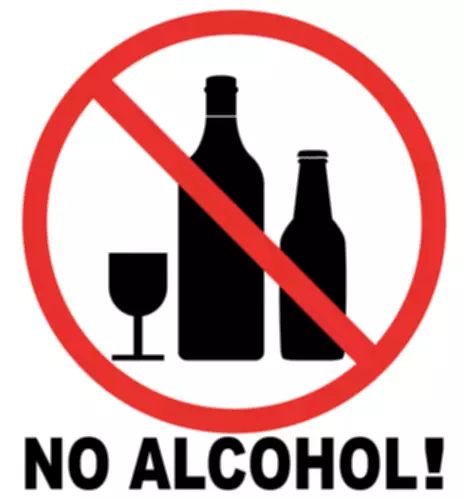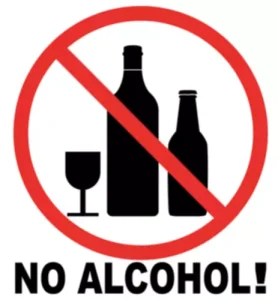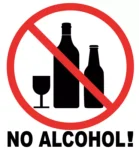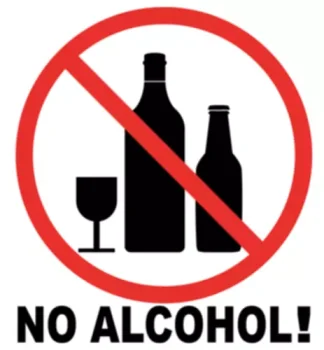
When I accepted that the ‘spiritual malady’ was about my beliefs, thoughts, and emotions, I came to see that many of my own beliefs and thoughts on this subject were contributing to my disease. I had many old ideas Oxford House and prejudices that had to be examined and released. I could identify when he went on to say, “the spiritual malady refers to a derangement of our thoughts, beliefs, and emotions. These things are out of whack and not aligned.“ The process of recovery is useful to remedy this problem. Acknowledging that spiritual malady is not the same as religious inadequacy is essential.
Conclusion: The Power of Spirituality in Overcoming Addiction
- By recognizing and confronting this spiritual disease, we can begin to heal and reclaim our lives from the grip of addiction.
- My inventory of steps 4/5 showed me that my long lists of resentments were mainly the product of emotional immaturity and responding in an immature manner to not getting my way.
- “The principles of the programme of Alcoholics Anonymous are scientific and closely follow all the helping therapies which lead people to emotional well-being.
- Step 10 helps us stay spiritually fit by practicing daily self-reflection and accountability.
If you are seeking drug and alcohol related addiction rehab for yourself or a loved one, the YourFirstStep.org hotline is a confidential and convenient solution. Of the fifty of us who came to the Big Book study, we all had similar problems. All we had done since coming to AA was not https://ecosoberhouse.com/ drink and go to meetings.

Reality Shows About Addiction: The Impact, Ethics, and Effectiveness of…
Remember to keep an open mind and heart, and eventually, you will find something (or someone) who can serve as your own personal higher power. For example, AA rooms offer fellowship and support and provide a structure that can help keep you sober. These are all positive things that can help you on your journey to recovery, regardless of your beliefs. Here are some things you can do to work through your spiritual malady even if you don’t believe in God or have an understanding of your higher power. Without a connection to a higher power, it can get quite ugly in sobriety.

Disorders
The focus here is on genuine willingness, not perfection, as we let go of the patterns that fueled our addiction. To be “entirely ready” means we no longer justify or cling to the behaviors and attitudes that have harmed us and others. It’s an internal shift where we recognize that our old ways—resentment, dishonesty, fear—are no longer serving us. The Big Book teaches that defects of character are the root causes of our addiction, and this step is about preparing to let them go, even when they feel familiar or comfortable.

However, soul loss can also be a result of a lack of self-acceptance and feelings of shame and worthlessness. We often try to hide the parts of ourselves that are not considered acceptable by our family or culture. Spiritual sickness can very often manifest as physical symptoms such as headaches, stomach upsets, muscle tension, and fatigue. If you spiritual malady suffer persistent physical symptoms, it is important to seek medical help. However, becoming more aware of your physical and emotional needs as well as spiritual needs can improve the situation dramatically. We would not feel fear and anxiety if we were in harmony with the world around us and had faith in the universe.
What are some steps you can take to overcome the spiritual malady?

The twelve steps guide us through a process that not only addresses our substance use but also reshapes how we think, act, and connect with others. The Big Book suggests both morning and evening practices for Step 11. In the morning, we can begin the day with quiet reflection, asking for guidance and strength to stay on the path of recovery. In the evening, a review of the day with gratitude and accountability helps us stay spiritually fit. Simple meditation techniques, like focusing on our breathing or repeating affirmations, can help calm the mind and create space for spiritual insight. Regular practice strengthens our spiritual foundation and keeps us moving forward in personal recovery.
- Then one day at work I was walking past a bunch donuts some evil salesman had left in the break room when I realized that I no longer physically craved sugar.
- Studies have shown that those who give of themselves for the betterment of others tend to experience increased happiness and fulfillment in their own lives.
- Trained professionals provide expert therapy to address underlying psychological or emotional issues that may have contributed to the spiritual malady.
- It is characterized by a feeling of restlessness, anxiety, and discontentment.
- Frequently, individuals who struggle with alcohol addiction are also experiencing a mental health issue like an anxiety disorder or a depressive disorder.
- By recognizing the role of meaning, purpose, and connection in human life, it provides a holistic approach to recovery that can lead to profound and lasting transformation.

The focus is not on religious practices but on universal spiritual principles like honesty, accountability, and selflessness, empowering those in recovery to rebuild their lives. Case studies and success stories abound in the field of spiritual addiction recovery. Take, for example, the story of John, a former alcoholic who had tried multiple treatment programs without success. It wasn’t until he embraced a spiritual approach to recovery that he found lasting sobriety. Through meditation, service work, and a connection to a higher power of his understanding, John not only overcame his addiction but also found a sense of purpose and fulfillment he had never experienced before. As therapists, it’s important for us to keep in mind that addiction in fact progressively robs individuals of their “spirituality.” Spirituality has some connection to religious experience, to be sure.




Deja una respuesta